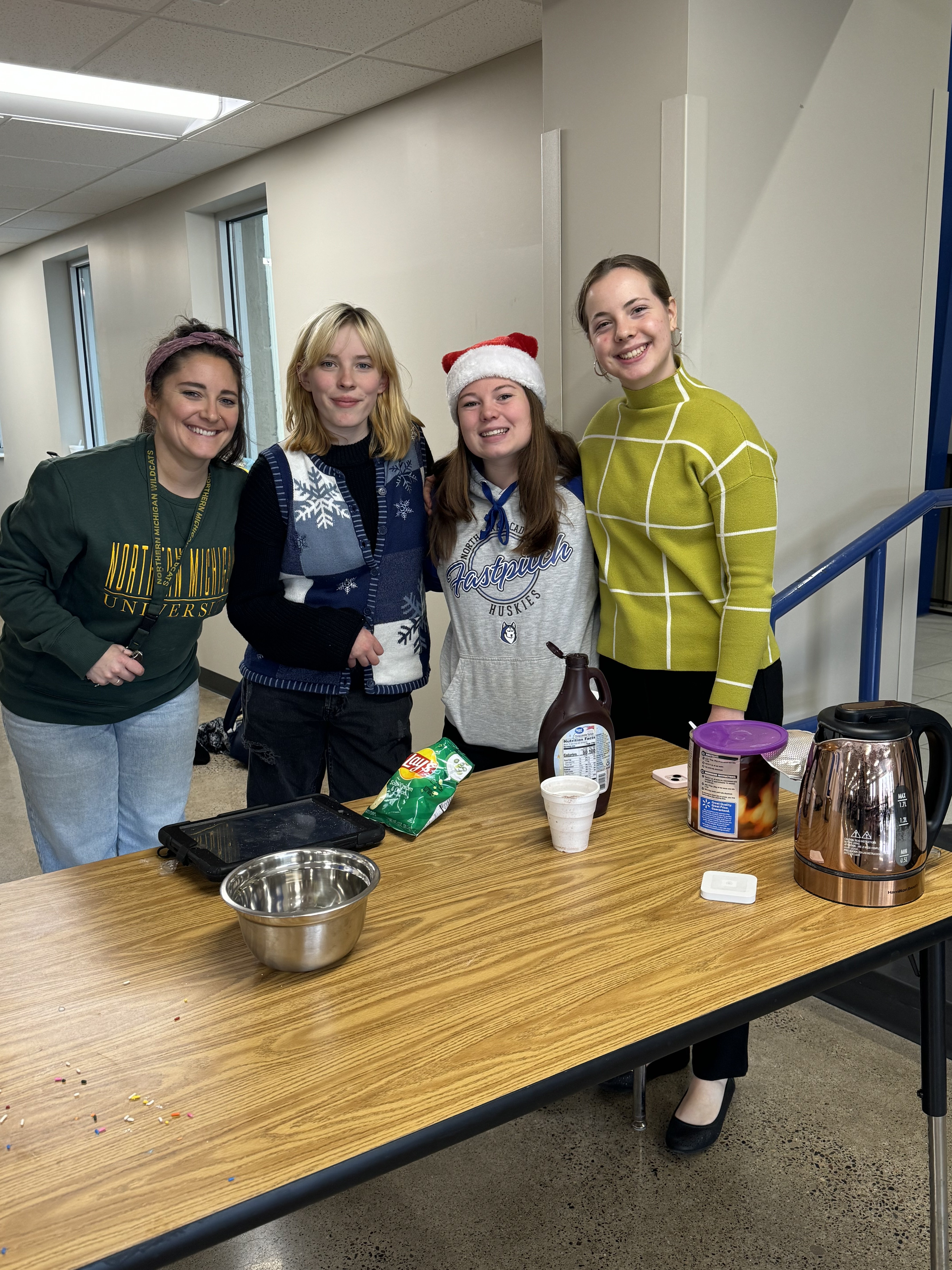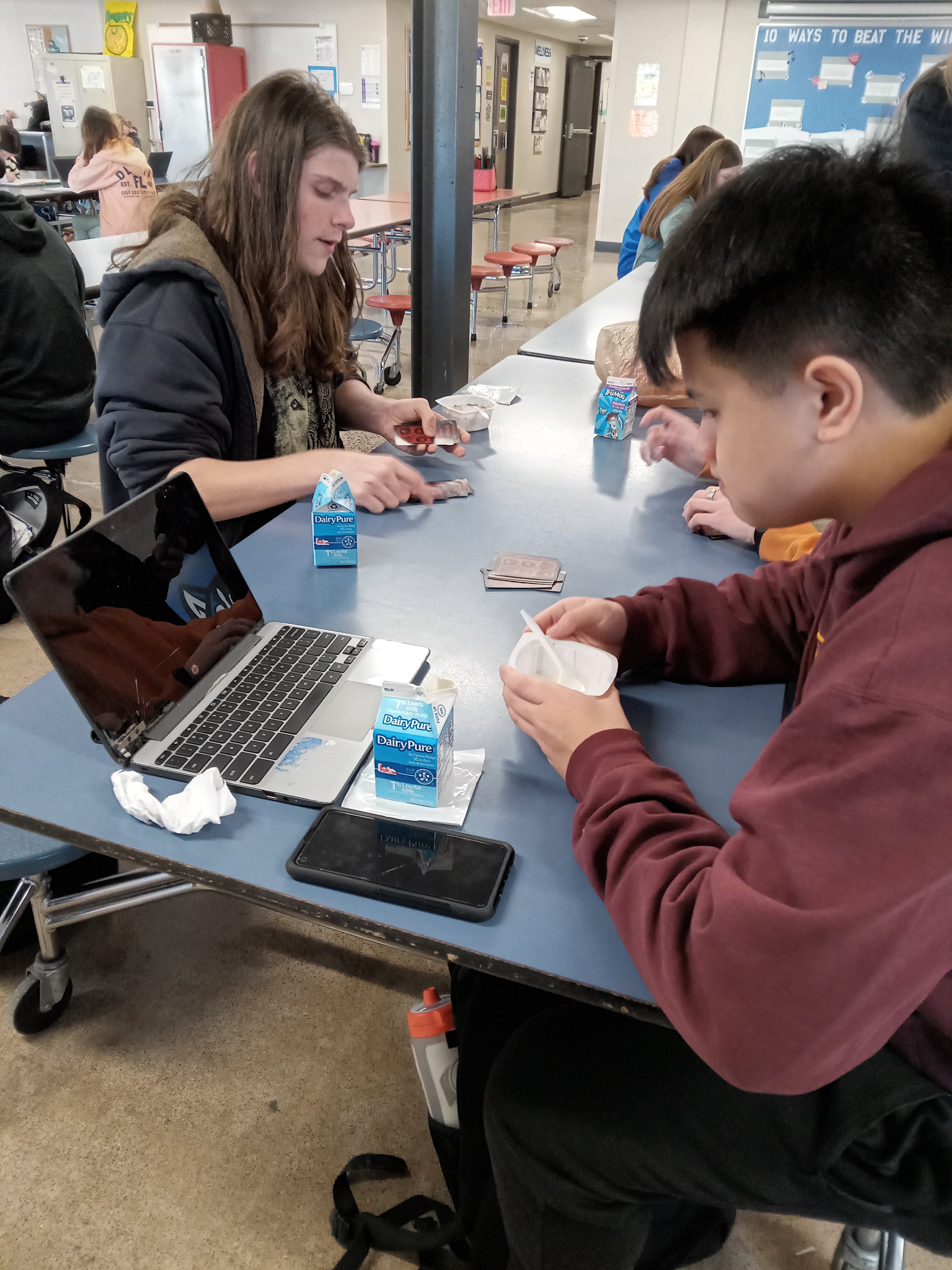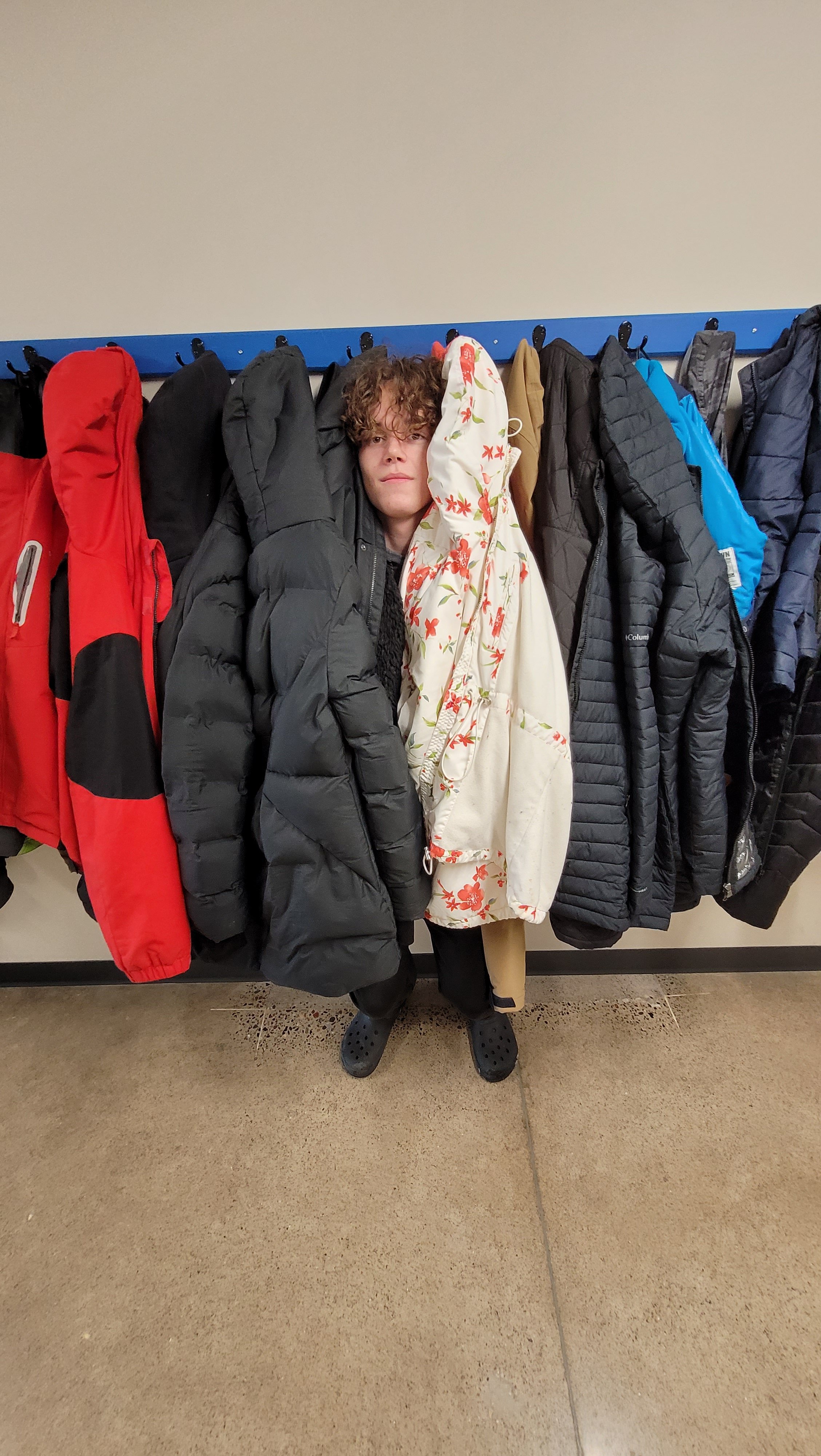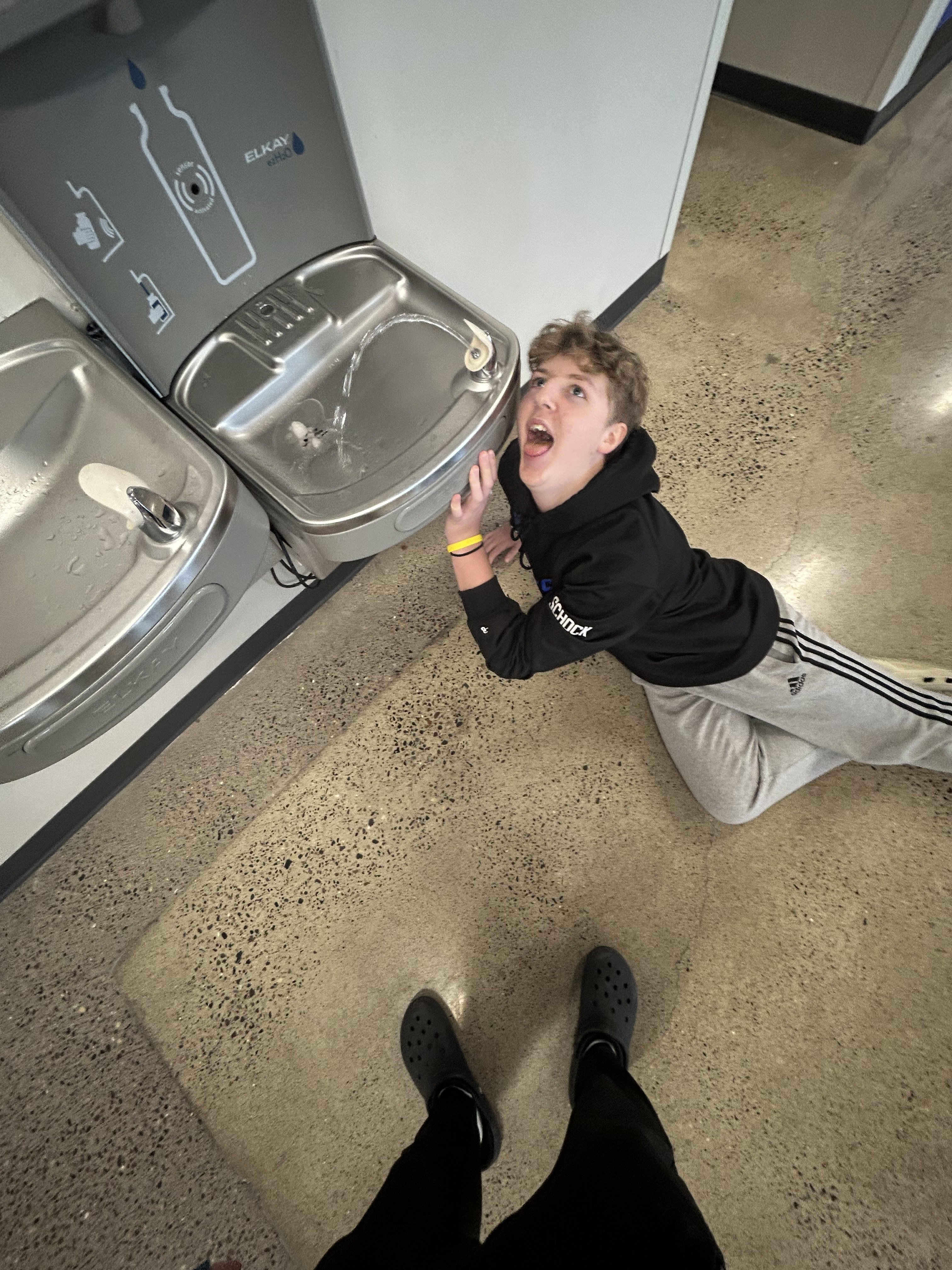By Gavin Maki-Jones
Each year, North Lakes Academy spends thousands of dollars on styrofoam trays and plastic utensils. The school is now applying for a grant through Washington County to eliminate all of that waste by installing dishwashers.
The waste has been an environmental and financial problem for a long time.
“We use approximately 24,780 trays at the Upper School per year and 30,975 at K-6,” said Chelsie Thielen, NLA’s environmental education coordinator.
“Having each person use one tray, a fork, and/or spoon each time they eat lunch adds up quickly: the school spends around $7750 each year on single-use trays and utensils”, Thielen said.
There’s also the cost of garbage collection.
“We pay per garbage pickup,” Thielen said. “If we’re throwing away less, we have fewer pickups, so we pay less.”
There is also the environmental component – putting so much styrofoam and plastic in the trash is not good for the environment, and NLA has an obligation to its authorizer, Osprey Wilds, to reduce waste.
“Osprey WIlds decides whether we get to continue to be a school, and it doesn’t like how much trash we are currently generating. We need to be better about how we use our resources,” Thielen said.
While there are options like compostable trays, the best solution would be installing a dishwasher. NLA is working with a non-profit called Biz Recycling to write a grant for dishwashers, as well as reusable trays and cutlery, and the cost of installation. If this goes through, NLA will receive somewhere between $20,000 and $30,000.
Dishwashers would mean some changes for staff and students.
“It will give me more work to do,” said Patty Jelinek, the 7-12 lunch coordinator. “To start, I will need to order cleaning supplies for the new dishwasher.” Jelinek will also need to attend to the kitchen more due to having to wash, dry, and store the dishes.
Student opinions are mixed. The majority are in favor of the reusable ones. Some say that the reusable trays are less sanitary; others say they are easier to eat off of. In the end, the majority said that the trays are better for the environment and the students.
The next step is to improve the district’s recycling program.
“Garbage is taxed heavier than recycling or composting in our county, so we’d likely save a few thousand more by implementing better recycling programs to make sure that all recyclable material makes it into recycling and not the trash,” Thielen said. “That’s our next project.”





